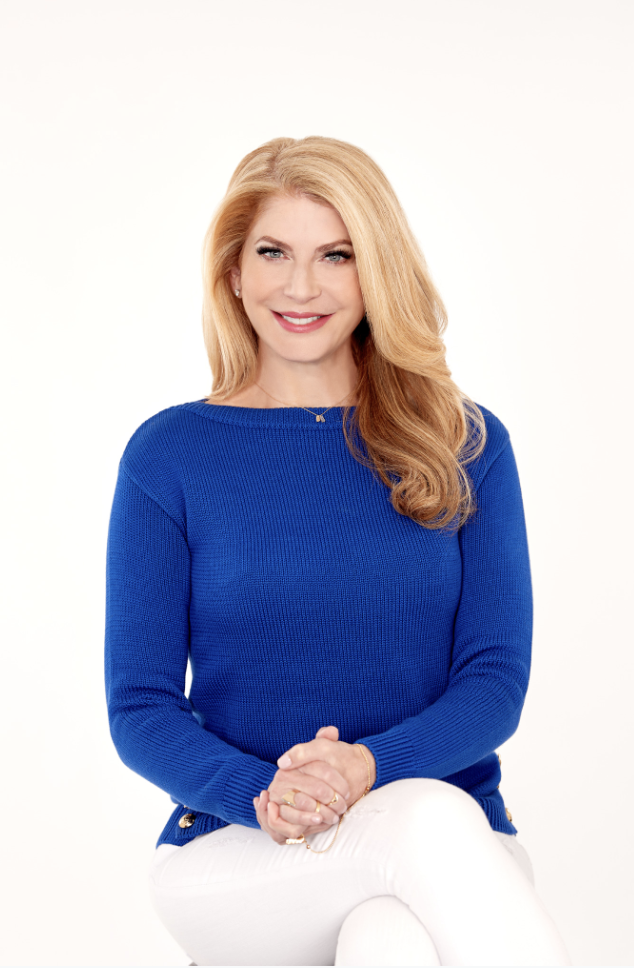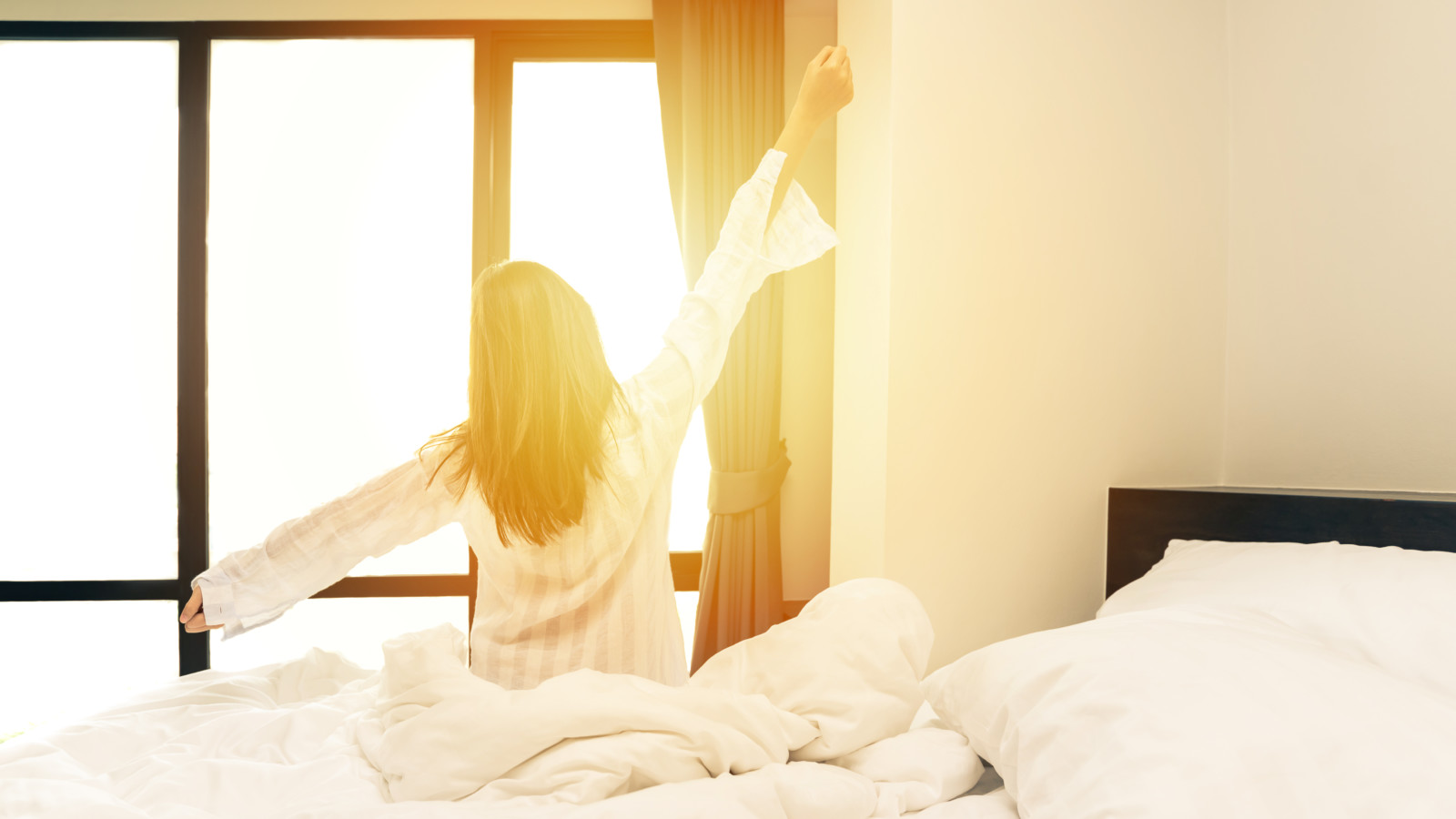Do you know whether you’re getting enough sleep or how much you should sleep every night? Are you a person whose sleep/wake routine suffered disruption during the pandemic—when it became harder not to stay up later and “roll” out of bed into work the next morning?
Well, you’re not alone. Most people don’t get enough sleep. It’s estimated that sleep-related problems affect 50 to 70 million Americans of all ages and socioeconomic classes. According to The Center for Disease Control, adults ages 18-60 should sleep at least 7 hours per night to feel rested. They state that ongoing sleep disturbance of less than seven hours per night can lead to adverse physical and mental health risks.
Sleep deprivation research provides evidence it’s influenced by poor sleep hygiene, lifestyle choices, work obligations, sleep disorders, other medical conditions, and voluntary choices that reduce sleep time.
Making good sleep hygiene choices may include sustaining bedtime rituals such as optimal temperature conditions, low light, repeating a preferable sleep bedtime position, and using familiar positioning of bedding and pillows. It may also require you to change your behavioral patterns during the day, like reducing the amount of your caffeine intake, or not drinking alcohol before you’re ready to sleep.
However, I’ve concluded one of the primary causes for sleep deprivation stem among my client’s stem from their habitual reliance on technology and an inability to “turn off” all the equipment that connects us to the outside world, such as cell phones, television, social media platforms, virtual programming, and basic stimuli like sound and light in their bedrooms.
Here are four nightly routines that can help reduce your reliance and usage of communication tools that will undermine and fuel ongoing disruptive sleeping habits. They all require consistent motivation and the ability to say “no” to be effective.
- Stop playing video games or watching TV at least an hour before you’re ready to go to sleep. Both activate the Central Nervous System, making you less sleepy, and don’t allow you ample time to relax enough to go to sleep.
- Turn off your phone or place it outside the bedroom door. It’s critical not to scroll through Instagram, TikTok, and other social media apps on your phone before bed. These actions keep your brain activated and delay valuable REM sleep, which is necessary for quality sleep.
- Avoid using virtual readers that produce blue light. They reduce the production of melatonin, which is necessary to trigger a feeling of sleepiness and also assists the brain’s ability to fall into REM sleep. Maintaining the quality of your sleep is critical to effective cognitive functioning.
- Don’t rely on using any devices in your bedroom that use light or sound. For example, if you need help with an alarm to wake you up, you can use devices like the Amazon Echo which don’t produce any automatic light or sounds.
Falling to sleep should be an organic and natural process, so if you can create a peaceful and holistic environment in your sleeping space, you’ll increase your chances of falling asleep faster and allow your body to do the work it needs to do to create and sustain a restful sleep throughout the night.
References:
“Tips For Better Sleep,” Centers for Disease Control and Prevention, August 2018
“The State of Sleep In America,” Sleephealth.org, 2008


